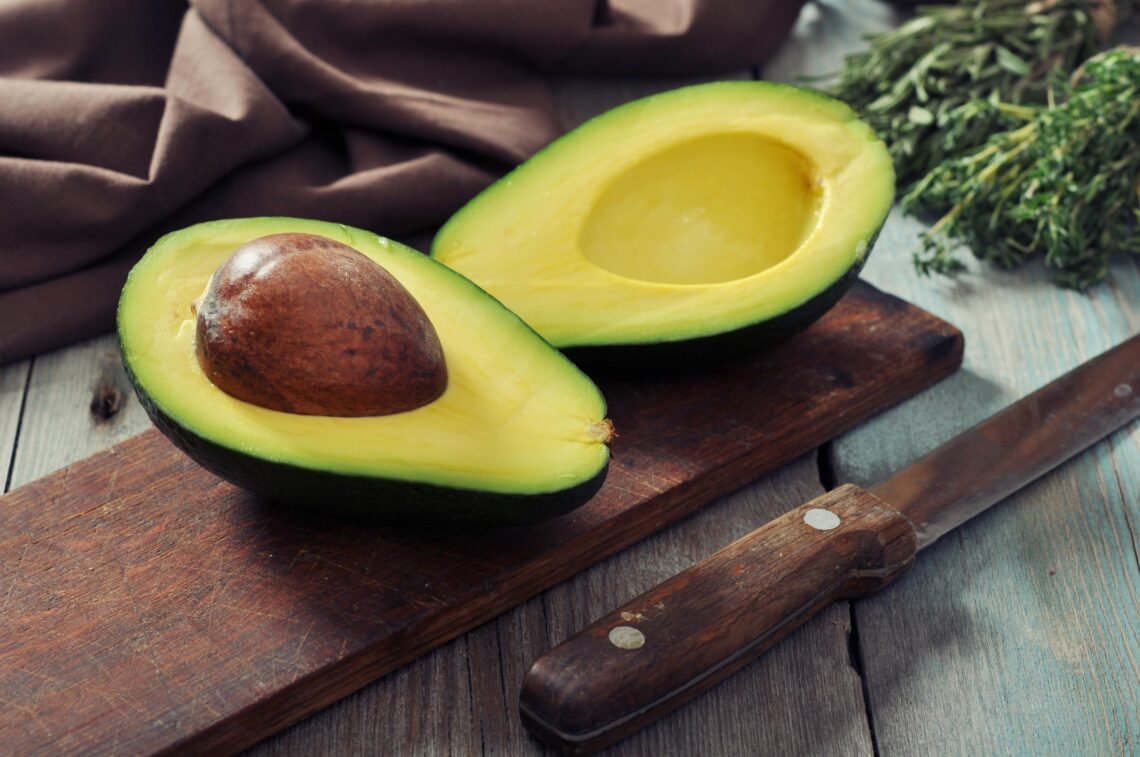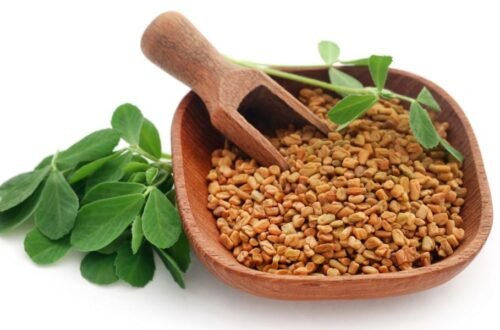Avocados are celebrated for their rich, creamy texture and versatile health benefits, making them a favorite among health enthusiasts. Packed with nutrients, they offer a wide array of health benefits eating avocados, including heart health support, improved digestion, and better skin health. However, there’s a lesser-known aspect of avocados that may pose risks for individuals with certain health conditions, particularly concerning kidney health. Explore the nuanced impact of eating avocados on kidney health, highlighting the balance between their nutritional benefits and potential risks for individuals with kidney conditions.
1.Nutritional Overview of Avocados
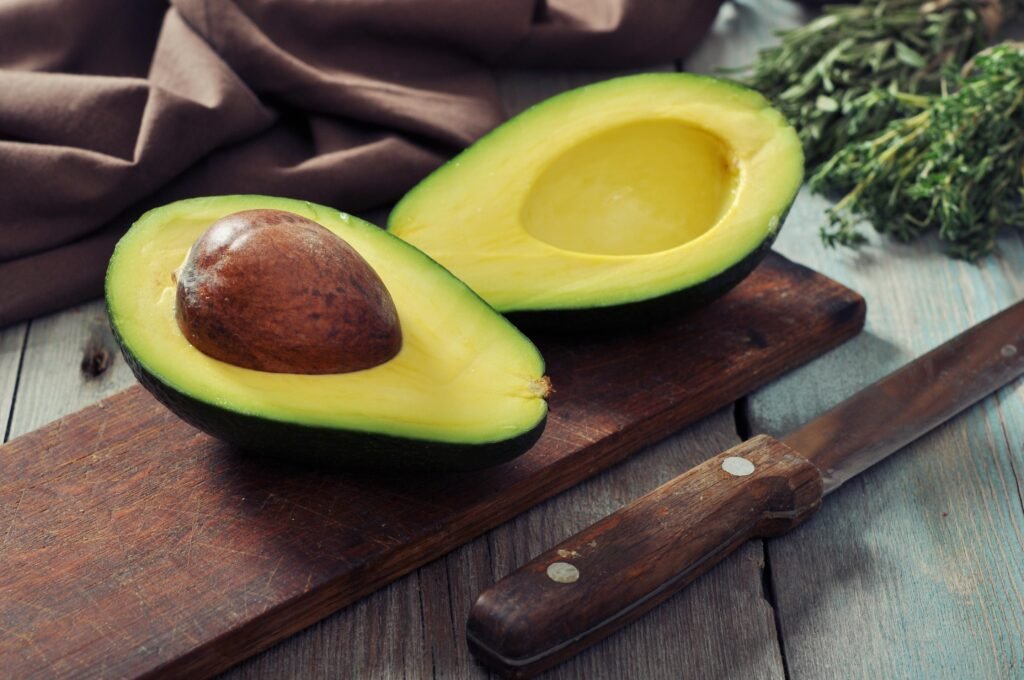
Avocados are nutrient-dense fruits beloved for their beneficial fats, fiber, vitamins, and minerals. They are particularly noted for their high levels of monounsaturated fats, which promote heart health by reducing bad cholesterol levels. Additionally, avocados are an excellent source of potassium, dietary fiber, and vitamins C, E, K, and B-6. While these nutrients contribute to avocados’ superfood status, certain aspects warrant caution for individuals with kidney-related health issues.
2.The Impact of Eating Avocados on Kidneys
1.Potassium Content and Kidney Health
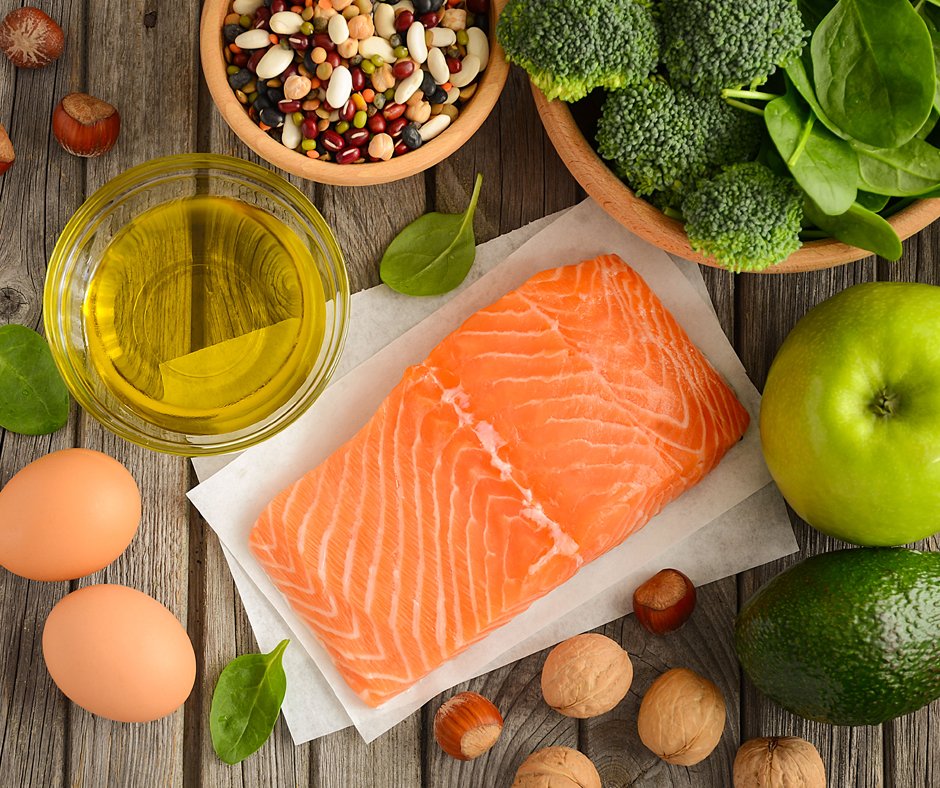
A key concern surrounding avocado consumption involves its high potassium content. Potassium is vital for maintaining electrolyte balance, muscle contractions, and nerve signals. However, individuals with kidney disease or impaired kidney function may struggle to remove excess potassium from the blood, leading to hyperkalemia. This condition can cause serious heart problems and, in extreme cases, be life-threatening. The recommended daily intake of potassium for the average adult is about 2,600 to 3,400 mg, while a single avocado contains about 975 mg of potassium.
2.High Fat Content and Kidney Function
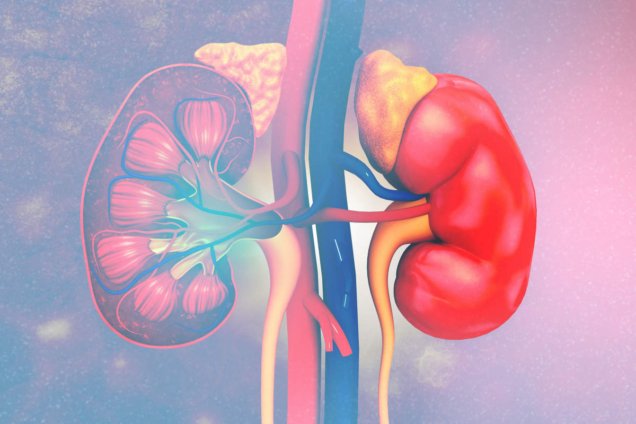
While the fats in avocados are predominantly healthy monounsaturated and polyunsaturated fats, excessive intake of any fats can be a concern for individuals with kidney issues. High-fat diets may increase the risk of obesity, a known risk factor for chronic kidney disease. Moreover, certain fats can interfere with the absorption of medications commonly prescribed to those with kidney disease, potentially complicating their treatment regimen.
3.Risk Factors and Precautions

Individuals with chronic kidney disease (CKD) or those on a potassium-restricted diet should exercise caution with avocado consumption. It’s crucial for these individuals to monitor their potassium intake closely to avoid hyperkalemia. Those with CKD stages 3 to 5 may need to limit their avocado intake as part of their dietary management plan. Consulting with a healthcare provider or a renal dietitian can provide personalized advice and safe dietary guidelines.
4. Alternative Nutrient Sources for Kidney Health
For those needing to limit avocado consumption, there are alternative nutrient sources that are lower in potassium and safer for kidney health:

- Heart-healthy fats can be found in olive oil, nuts, and seeds in moderation.
- Low-potassium fruits and vegetables such as apples, berries, carrots, and green beans offer dietary fiber and essential nutrients.
- Lean proteins from chicken, fish, and plant-based sources like lentils and chickpeas contribute to a balanced diet without overloading on potassium.
Conclusion
While avocados offer numerous health benefits, their high potassium content can be a concern for individuals with kidney disease or those on a restricted diet. Awareness and moderation are key to incorporating avocados into a healthy diet without risking kidney health. Always consult with healthcare professionals to tailor dietary choices to your specific health needs, ensuring that you can enjoy the benefits of avocados without adverse effects.
If you have any queries related to medical health, consult Subhash Goyal or his team members on this given no +91 99150 72372, +91 99150 99575, +918283060000
